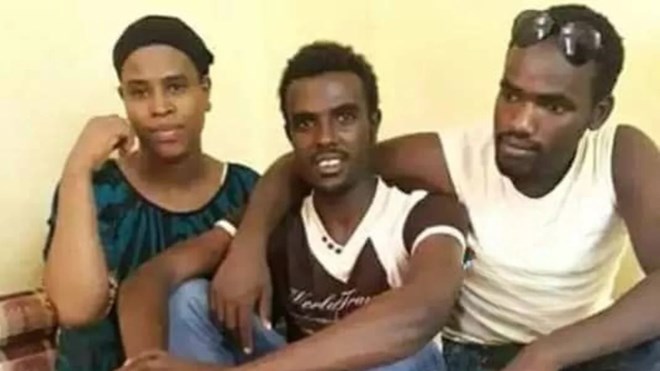Facebook Twitter (X) Instagram Somali Magazine - People's Magazine
Dozens of men from Ethiopia and Somalia who are on death row in Saudi Arabia have been told that their executions could happen any day, according to inmates and their families who spoke to Middle East Eye.
The men are being held at Najiran prison, near the Yemen border, and were convicted of drug trafficking — a crime that carries the death penalty in Saudi Arabia. Inmates say prison authorities warned them shortly after Eid al-Adha that executions would start soon, and that they should prepare to say goodbye to loved ones.
So far, at least six prisoners have reportedly been executed in the past month. A list seen by MEE includes 43 Ethiopians and 13 Somalis facing the death penalty.
Sharp Rise in Executions
Saudi Arabia has seen a significant rise in executions recently. Amnesty International reported at least 52 executions for drug-related crimes between January and April this year alone. This follows the end of an unofficial pause on such executions that began in 2021.
Experts believe the increase is partly due to the inclusion of more drugs — such as hashish — in the list of substances that carry the death penalty. Previously, executions were mostly for trafficking drugs like amphetamines or cocaine.
Duaa Dhainy, a researcher with the European Saudi Organization for Human Rights, noted that in 2024, many foreigners were executed for offenses involving hashish. She confirmed that all the Ethiopians and Somalis executed this year were charged with possession or smuggling of the drug.


A Family in Distress
One of the inmates on death row is 27-year-old Khalid Mohammed Ibrahim from Ethiopia. His brother, Muleta, says Khalid is innocent and that the family has been suffering since his arrest in 2018.
Khalid fled Ethiopia after being jailed for taking part in anti-government protests in 2016. After struggling to build a future in his homeland, he attempted to enter Saudi Arabia through Yemen, hoping to earn a better living for his young family.
Upon arrival, he was detained and told by a border guard to admit to being a drug smuggler in order to be quickly released. Khalid followed the advice, believing it would speed up the legal process. Instead, he was sentenced to death in 2019 after 11 court appearances. He has never met his now eight-year-old son.
Muleta says his brother endured beatings and torture at Najiran prison and did not have a lawyer, proper translation, or an understanding of the charges during his trial. The family has reached out to Ethiopian authorities repeatedly, but have received no help.
Criticism of Government Response
The Ethiopian Embassy in Saudi Arabia has been criticized for doing little to assist citizens facing execution. Human rights organizations accuse Ethiopian diplomats of ignoring the suffering of their nationals.
Somali families, on the other hand, have received more public support. Media in Somalia has widely reported on the issue, helping to raise awareness and pressure the Somali government to act. This coverage has led to appeals for clemency and discussions on possible prisoner transfers.
Dalmar Gure, editor of Somali news outlet Hiiraan Online, said that many Somalis facing execution were tricked into smuggling drugs. He emphasized the importance of media attention and family campaigns in pushing for diplomatic efforts.
Calls for International Action
The Najiran prison group is not the only one affected. UN officials recently expressed concern over 26 Egyptians at risk of execution in another Saudi prison for similar charges.
Last week, more than 30 human rights groups from the Middle East and Africa released an open letter asking Saudi Crown Prince Mohammed bin Salman to halt the executions and show mercy to over 100 Ethiopian, Somali, and Egyptian prisoners on death row.

